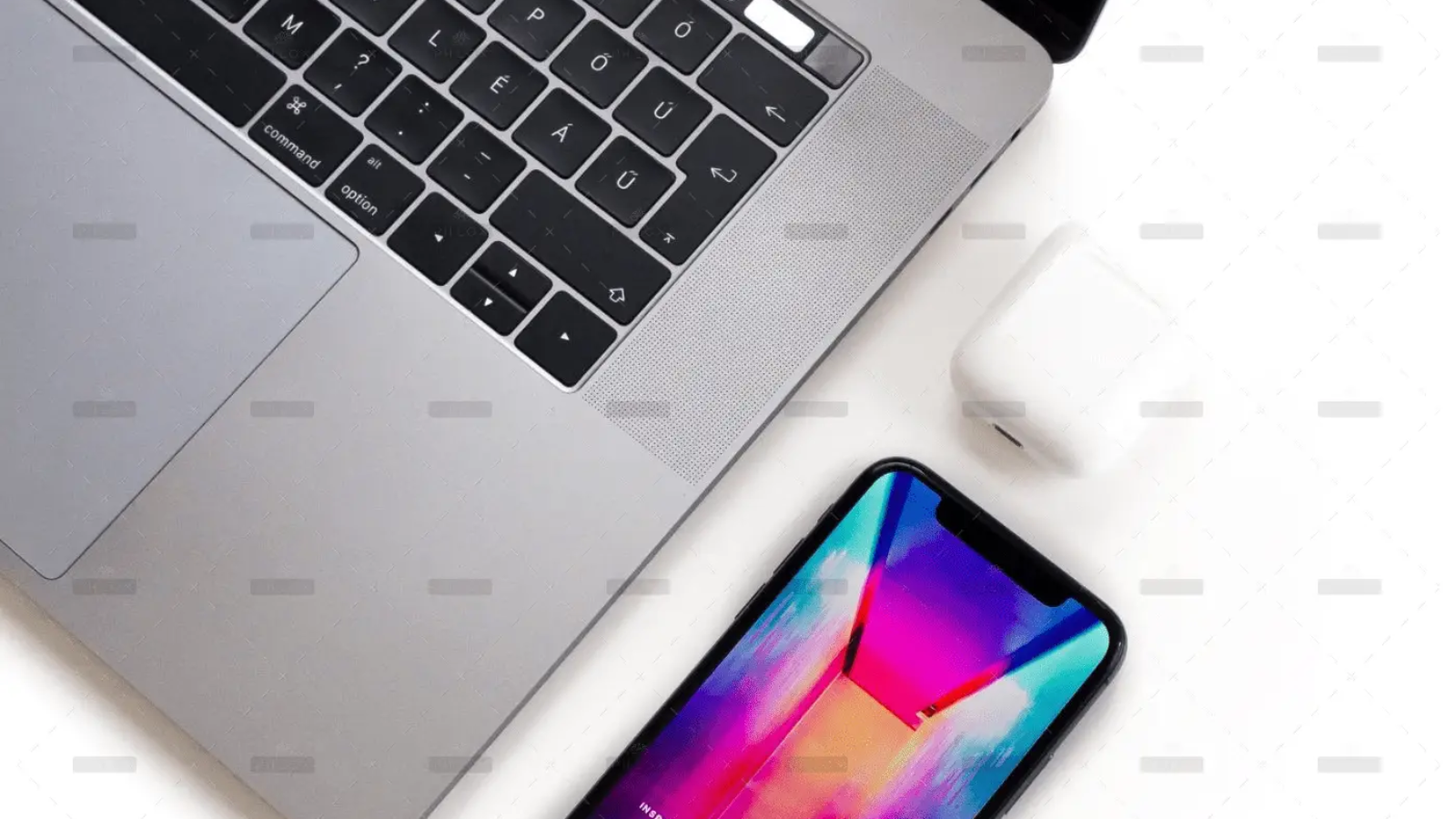Selecting the right laptop is a crucial decision that can significantly impact productivity, creativity, and efficiency. With a myriad of options available, making an informed choice requires a thorough understanding of your specific needs and the key features that differentiate one laptop from another. This guide will help you navigate the essential factors to consider when selecting the perfect laptop for professional use.
Identify Your Use Case
The first step in choosing the perfect laptop is to clearly define its primary use. Different tasks require different specifications and features. Here are some common use cases:
- Business and Office Work: Requires efficient multitasking capabilities, robust security features, and reliable performance for applications like Microsoft Office, email, and video conferencing.
- Creative Work: Demands high-resolution displays, powerful CPUs, and dedicated GPUs for tasks such as graphic design, video editing, and 3D rendering.
- Software Development: Needs substantial processing power, ample RAM, and fast storage for running virtual machines, IDEs, and compiling code.
- Gaming: Requires high-performance hardware including the latest GPUs, fast processors, high-refresh-rate displays, and efficient cooling systems.
- Education: Versatile devices that offer good battery life, portability, and sufficient performance for research, online classes, and assignments.
Choose the Right Operating System
The operating system plays a crucial role in your overall experience and compatibility with software:
- Windows: Known for its versatility and widespread use, Windows is suitable for a broad range of applications and offers extensive software compatibility.
- macOS: Preferred by many creative professionals for its sleek design, stability, and seamless integration with other Apple products.
- Linux: Ideal for developers and tech enthusiasts who need a customizable, open-source environment and robust security features.
Understand Key Specifications
Processor (CPU): The processor is the brain of the laptop. Intel’s Core i5 and i7 and AMD’s Ryzen 5 and 7 are well-suited for most professional tasks. For high-end applications, consider Intel’s i9 or AMD’s Ryzen 9.
Memory (RAM): RAM affects the laptop’s ability to handle multitasking. For standard professional use, 16GB is recommended. For intensive tasks like video editing or large-scale data analysis, 32GB or more may be necessary.
Storage: SSDs (Solid State Drives) are faster and more reliable than HDDs (Hard Disk Drives). A minimum of 512GB SSD is recommended for most professionals. For those handling large files, 1TB or more may be needed.
Graphics (GPU): Integrated graphics are sufficient for basic tasks. However, for gaming, video editing, or 3D modeling, a dedicated GPU like NVIDIA’s GeForce RTX or AMD’s Radeon RX series is essential.
Display: The display quality can significantly impact your experience. A resolution of at least 1920×1080 (Full HD) is standard, but a 4K display is beneficial for creative professionals who need precise color accuracy and clarity.
Battery Life: Depending on your mobility, battery life can be a critical factor. Aim for laptops that offer at least 8-10 hours of battery life to ensure productivity on the go.
Build Quality and Portability: Professionals on the move should consider lightweight and durable laptops. Ultrabooks and 2-in-1 devices are excellent for their portability and versatility.
Research and Compare Brands
Brand reputation and customer reviews provide valuable insights into reliability and after-sales service. Established brands like Apple, Dell, HP, Lenovo, and ASUS consistently deliver high-quality products. Look for reviews on trusted platforms like CNET, TechRadar, and user forums to gauge real-world performance and issues.
Check Connectivity and Ports
Ensure the laptop has the necessary ports for your peripherals and future-proofing. Common ports include USB-A, USB-C, HDMI, Thunderbolt, and audio jacks. For wireless connectivity, look for the latest standards such as Wi-Fi 6 and Bluetooth 5.0.
Evaluate the Keyboard and Touchpad
A comfortable, responsive keyboard and a precise touchpad are essential for productivity. Key travel, layout, and feedback are important factors. If possible, test these components in-store or read detailed reviews.
Consider Warranty and Support
A comprehensive warranty and reliable customer support are crucial. Look for manufacturers that offer at least a one-year warranty and have a reputation for excellent customer service.
Conclusion
Selecting the perfect laptop requires a detailed understanding of your specific needs, a clear budget, and thorough research into the available options. By focusing on the key specifications and features outlined in this guide, you can make an informed decision that enhances your productivity, creativity, and overall user experience. Happy laptop hunting!

 Cart is empty
Cart is empty 